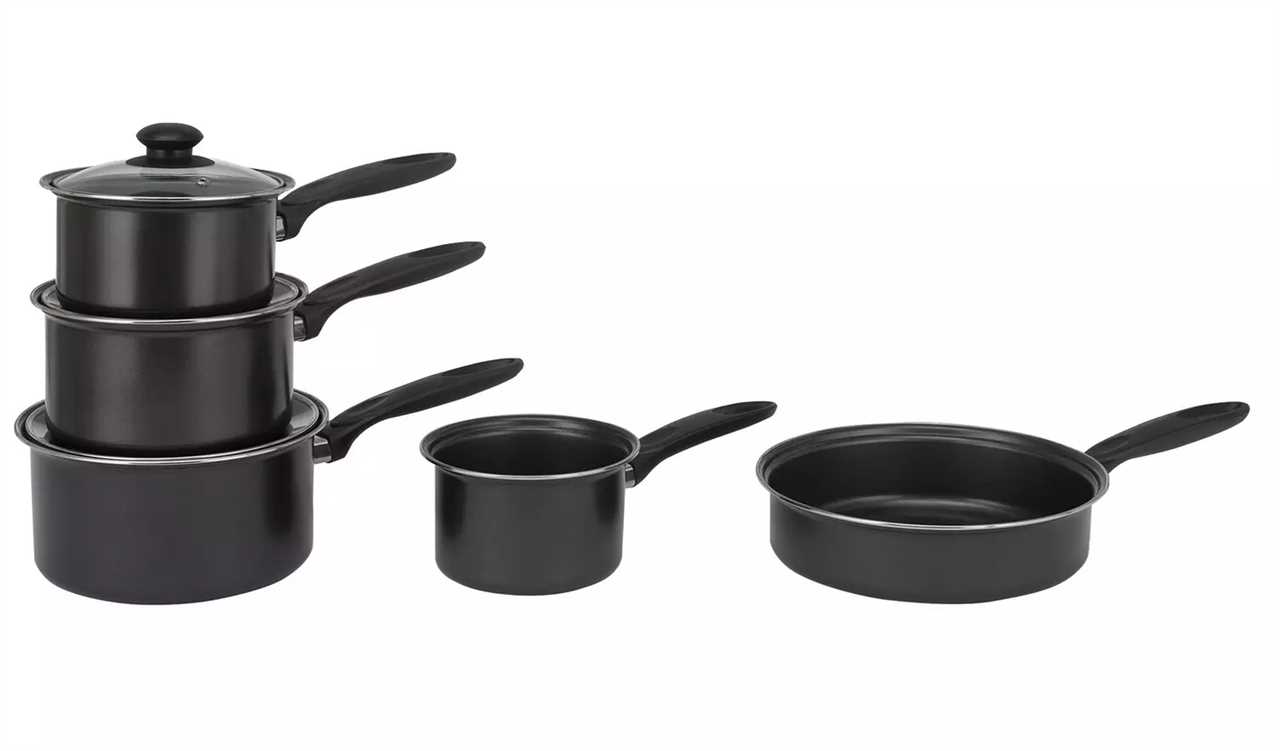
Power Down to Save
Did you know that everyday gadgets like laptops, TVs, and gaming consoles can contribute significantly to your energy bills? According to recent estimates, these devices account for approximately six percent of your household energy consumption. By simply turning off appliances when they're not in use, you could save around £45 annually. Make it a habit to unplug devices or use power strips to easily disconnect multiple gadgets at once.
Optimize Your Appliance Usage
Large appliances such as washing machines, dishwashers, and tumble dryers are the main energy consumers in most homes. As summer approaches, take advantage of the pleasant weather by drying more clothes outside. When using your dishwasher and washing machine, select the eco settings, typically around 30°C. These settings use less energy and water, helping to reduce your utility bills without compromising on cleaning performance.
Helind Morais from LG Electronics highlights that many items can be effectively cleaned on eco-cycles. Reserve hotter washes for items like bedding, towels, and sportswear, which are more likely to harbor bacteria and require a deeper clean.
Maximise Load Efficiency
Running your dishwasher and washing machine with full loads is a simple way to cut down on the number of cycles you need. This practice not only conserves energy and water but also extends the lifespan of your appliances by reducing wear and tear. However, ensure that you do not overload the machines, as this can lead to inadequate cleaning of clothes or dishes.

Smart Food Preparation
When boiling water, avoid overfilling your kettle to save both water and energy. A handy tip is to pour water directly from your cup into the kettle before boiling, using only the amount you need. Additionally, consider using microwaves for heating food, as they are generally more efficient than ovens. Air fryers are another excellent option, using less energy to cook your meals while delivering great results.
Track Your Spending
Keeping an eye on your finances is crucial for effective budgeting. Utilize cash-saving apps to monitor your energy and water usage, helping you stay on top of your bills. These tools can provide insights into your spending patterns and suggest areas where you can cut costs further.
Stay Informed on Deals and Offers
Keeping up with the latest deals can provide additional savings. For instance, updating your kitchen with affordable essentials or taking advantage of discounts on everyday items can help stretch your budget further. Regularly check local retailers and online stores for the best prices on the products you need.
Participate in Reward Programs
Engaging in loyalty schemes can also contribute to your savings. Many retailers offer points for every purchase, which can be redeemed for free products or discounts on future buys. These programs are an easy way to accumulate benefits over time without extra effort.

Enter Raffles and Competitions
Another fun way to potentially earn some extra cash is by participating in raffles and competitions. By entering daily codes or meeting simple criteria, you stand a chance to win prizes that can help offset your household expenses. It's a win-win situation where you might enjoy some entertainment while also possibly gaining something valuable.
Final Thoughts
Managing household bills doesn't have to be overwhelming. By implementing these straightforward tips, you can effectively reduce the cost of running essential appliances and keep your bills under control. From optimizing appliance usage to taking advantage of deals and reward programs, every little bit helps in making your budget go further.
Frequently Asked Questions
What is the role of central banks in the economy?
Central banks manage a nation's currency, money supply, and interest rates. They implement monetary policy to control inflation, stabilize the currency, and foster economic growth. They also serve as lenders of last resort to the banking system during financial crises.
How can I budget my money effectively?
To budget effectively, start by tracking your income and expenses to understand your spending habits. Set realistic financial goals, categorize your expenses, and allocate funds accordingly. Regularly review and adjust your budget to ensure it reflects your current financial situation and objectives.
What are the different types of money?
The main types of money include commodity money, which is based on physical goods like gold or silver; fiat money, which is government-issued currency not backed by a physical commodity; and digital currency, which exists electronically and is often decentralized, such as cryptocurrencies.
How can I improve my credit score?
To improve your credit score, make timely payments on all debts, reduce credit card balances, avoid opening unnecessary credit accounts, and regularly check your credit report for errors, disputing any inaccuracies. Maintaining a mix of credit types and keeping old accounts open can also be beneficial.
What are credit scores and why are they important?
Credit scores are numerical representations of an individual's creditworthiness, calculated based on credit history, payment behavior, and debt levels. They are important because they impact the ability to obtain loans, credit cards, and favorable interest rates, affecting overall financial health.
How can I start saving for retirement?
To start saving for retirement, begin by establishing clear retirement goals and determining how much you need to save. Contribute to employer-sponsored retirement plans, such as a 401(k), and consider opening an Individual Retirement Account (IRA). Regular contributions and taking advantage of compounding interest can significantly boost your retirement savings over time.
What are the main functions of money?
The primary functions of money are as a medium of exchange, facilitating trade; a unit of account, which provides a standard measure of value; a store of value, allowing individuals to save and transfer purchasing power over time; and a standard of deferred payment, enabling credit transactions.
Statistics
- Research by the National Bureau of Economic Research found that individuals who receive financial education are 25% more likely to save than those who do not.
- The average cost of raising a child in the U.S. is estimated to be around $233,610, according to the U.S. Department of Agriculture.
- According to a survey by the Financial Industry Regulatory Authority (FINRA), about 66% of Americans could not correctly answer four basic financial literacy questions.
- As of 2021, the average student loan debt for recent graduates was approximately $30,000, according to the Federal Reserve.
- As of 2021, the average American household had approximately $8,400 in credit card debt, according to Experian.
- A report by Bankrate indicated that only 29% of Americans have a written financial plan.
- According to a Gallup poll, 56% of Americans report that their financial situation is better than it was a year ago.
- A study by the National Endowment for Financial Education found that 60% of Americans do not have a budget.
External Links
How To
How To Educate Yourself About Personal Finance
Educating yourself about personal finance is a vital step toward financial independence. Start by reading books and reputable blogs that cover fundamental concepts like budgeting, saving, investing, and credit management. Consider enrolling in free online courses or attending local workshops on financial literacy. Follow financial experts on social media for tips and current trends. Additionally, podcasts and webinars offer valuable insights and diverse perspectives. Join forums or community groups to discuss financial topics with others. Lastly, practice what you learn by applying concepts to your own financial situation for hands-on experience.
Did you miss our previous article...
https://hellofaread.com/money/unlock-hidden-treasures-in-your-pocket-change
 PoliticsRoyaltySoap OperaGamingMoneyPrivacy PolicyTerms And Conditions
PoliticsRoyaltySoap OperaGamingMoneyPrivacy PolicyTerms And Conditions
